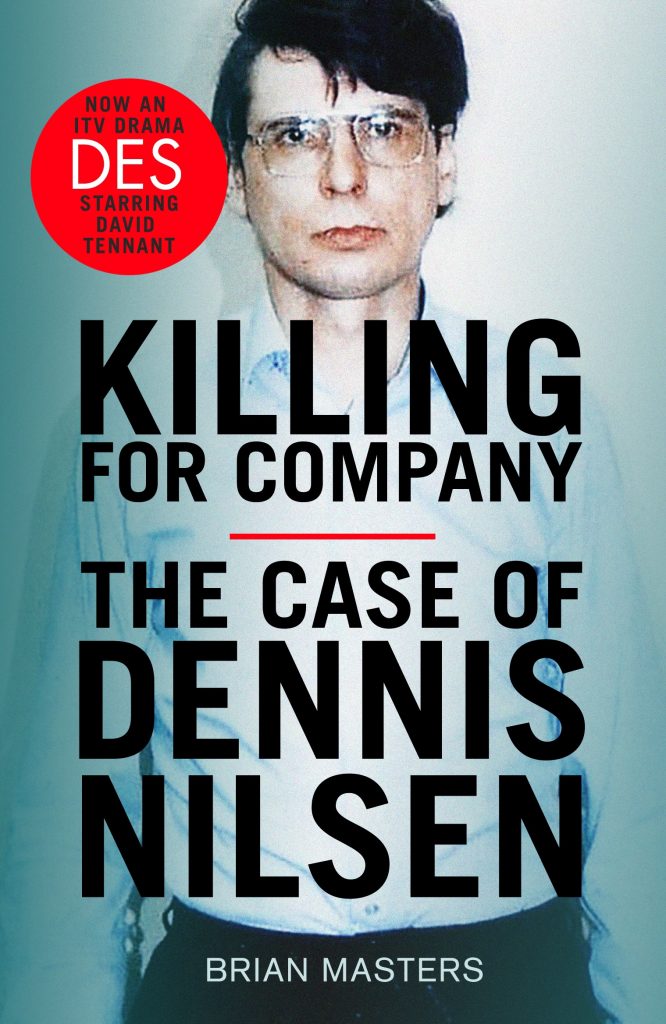

My current bout of true crime/serial-killer interest continues. Having recently watched both Des and the The Real ‘Des’, I picked up a copy of the book that was the chief inspiration for the recent ITV drama, Killing For Company, for just £2, at The Works.
Darkly compelling, I read 75% of the book in one sitting, the evening of the day I bought it. If I hadn’t had to go to work the following day, requiring in turn some sleep, I’d have continued until I finished.
In Brian Masters’ own words, this is a book about ‘a man who has constructed his own hell and dragged others into it, without, in the end, really knowing why.’ Directly after this, Masters goes on to say ‘It is because one needs to ask why that this book has been written.’
In stark contrast to the Michael Bilton book I recently read, Wicked Beyond Belief, about Peter Sutcliffe’s crimes, this book focuses on the perpetrator: after starting with a chapter titled Arrest, we are taken via Origins, Childhood, Army, Police & Civil Service to, in chapters 6-7, Victims and Disposal.
Remand and Trial follow, before we reach chapter 10, Answers. At over 60 pages, Answers is easily the biggest single chapter in the book. In this final ‘summing up’ Masters looks at the case from numerous angles, via psychiatry, the law, philosophy, even religion.
Masters visited Nilsen in custody, and received vast amounts of writings (and some quite macabre drawings) from him. These, including numerous quotations of Nilsen’s poetry, inform Masters account. As do numerous other sources, such as the author’s own researches, inc. court proceedings, and so on.
Well researched, written and presented. This is an interesting and morbidly fascinating read. Masters tries to avoid sensationalist emotive writing, and largely succeeds. But his extensive use of Nilsen’s own writings, and other things, mean that the genie of ghoulishness still escapes the bottle.
A postscript (after a series of Nilsen’s grim crime scene sketches), by Anthony Storr, addresses the gulf that became alarmingly apparent in court between law and psychiatry.
All in all, a really fascinating and very compelling read. Highly recommended.
